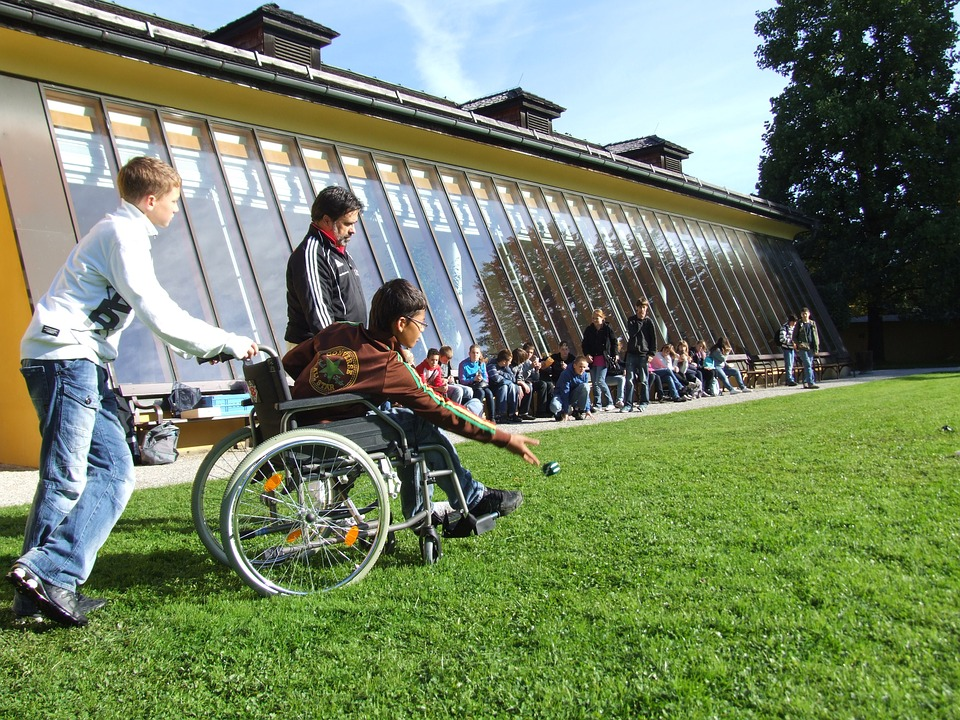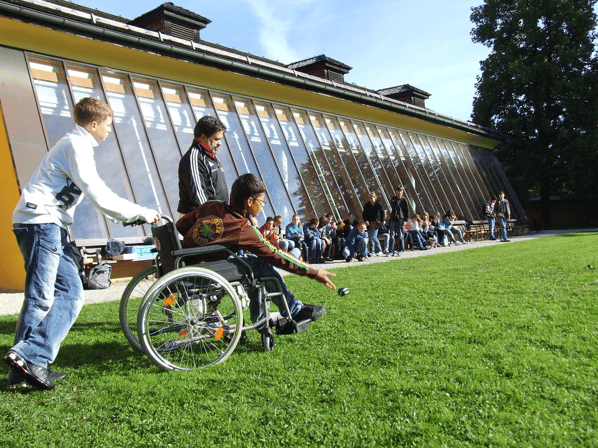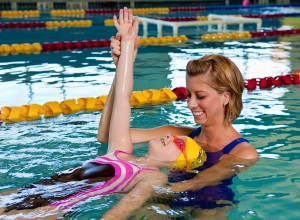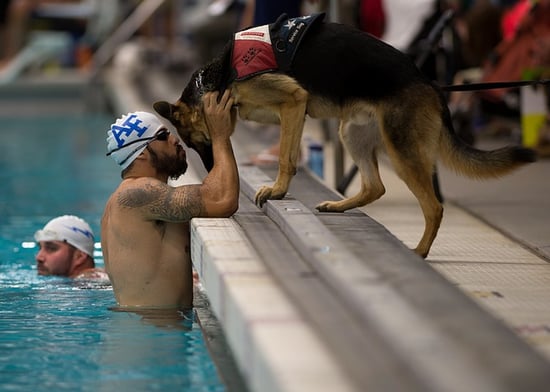
These days, the negative health effects of inactivity are widespread. Obesity is on the rise, as are conditions like diabetes. Many people have what they think are good excuses: too much work, no gym nearby, and so on. Yet these people are perfectly able to go out and get active. That’s not the same when you have a disability. You have to stay active, but there are legitimate reasons to have trouble with doing that. It’s not like you can go jog a few miles when you’re in a wheelchair.
However, that is rapidly becoming just another excuse. People with disabilities are finding more and more ways to participate in sports and activities. Not only is this helping their physical health, it’s helping break down barriers.
Why Sports Are Needed
Playing sports at any level (or even any age) has a lot of benefits. Of course, it helps build physical health by exercising the muscles and expending calories before they can turn into fat. However, sports offer more than just that. They can teach a number of valuable life lessons, including discipline, teamwork, and how to get past a stinging loss. Just because someone is differently abled doesn’t mean they can’t benefit from those lessons as well.

This goes for children as well as adults. But because sports are tied to schools and childhood, children with disabilities can need sports even more. Studies have shown that kids with disabilities who participate in sports (school, park district, or what have you) can enjoy a sense of belonging that’s sometimes lacking from their childhood.
Accommodations To Make
Someone with a physical or mental disability doesn’t have the exact same capabilities as others. Making some modifications to activities so people with disabilities can participate isn’t that hard. Here are some ways common sports and activities can be modified:
- Modify bikes (including using tricycles) to allow hand cycling or tandem cycling.
- Adaptive golf cards can help those with disabilities play on the links.
- If lower mobility is a problem, sports that use paddles (canoeing, rowing, etc.) can be great fun.

- Swimming can be done with a partner.
- Volleyball and basketball leagues exist specifically for people in wheelchairs.
- Lawn sports (horseshoes, bocce ball, etc.) may not be overly active, but they can still meet social needs through teamwork and camaraderie.
As you might expect, it’s a good idea to speak with your physician before engaging in any of these activities.
The Role Of Service Dogs
There are many people with disabilities who enjoy the help of a service animal. This can actually help someone participate in sports and similar activities. First, note that federal law requires a business to allow service dogs on their property, and this includes sports facilities. (As long as the dog really is a service animal and not just your trusted pet.)
Staying Active Is Important
When you have a disability, things can be hard at times. You might look at the challenge of participating in sports and feel it’s too hard to do. While it can be difficult, the results are well worth it. More importantly, it’s certainly possible. Go out there, make some friends, and get active already!
If you are interested in hearing more about our Special Needs program or the specific skills of the instructors we have available to teach these classes, please email us or call our service center at 844-KID-SWIM or 303-799-1885.
"We Must Provide Equal Opportunity in Sports to Students with Disabilities." ED.gov Blog. N.p., 04 Feb. 2013. Web. 14 June 2017. https://blog.ed.gov/2013/01/we-must-provide-equal-opportunity-in-sports-to-students-with-disabilities/
"Kids with Disabilities Should Play Sports, Too." Global Sports Development. N.p., 13 Oct. 2014. Web. 14 June 2017. http://globalsportsdevelopment.org/kids-disabilities-play-sports/




